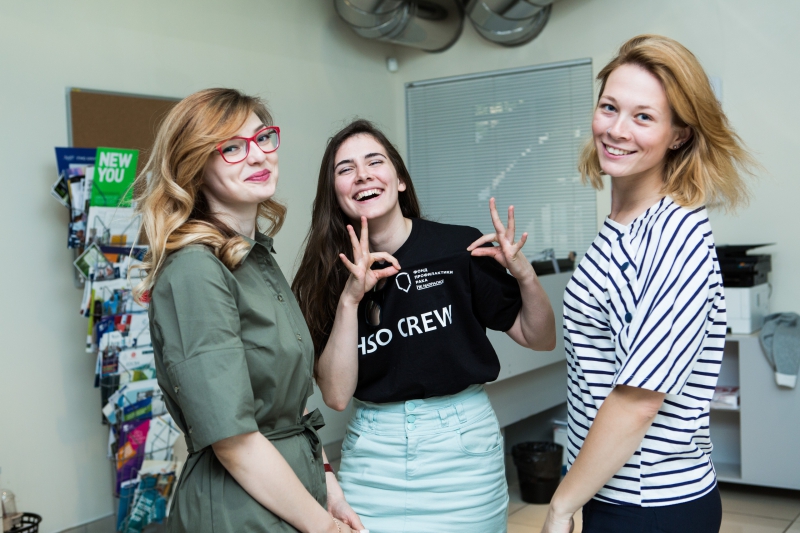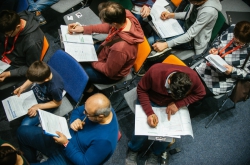Why a separate specialization in medicine and biotechnology?
According to Daria Denisova, deputy head of ITMO University Science Communication Center, the decision to create a specialization in medicine and biotechnology was affected by the situation on the market, namely the growing demand for specialists in this field.
“The program in science communication has been successfully implemented at ITMO University for four years. It’s worth mentioning that the program is made up of a whole range of professional tracks,” comments Daria Denisova. “Now, when we have a clear understanding of what competencies are in high demand on the market, we have decided to create a new specialization in medicine and biotechnology and make it a separate educational track.”
Some of the program’s students and graduates have already found a job in medicine. For example, last year, a group of the program’s Master’s students and graduates launched Profilaktika.Media, an educational media project from the Cancer Prevention Foundation. The project was awarded the prestigious PRA PROBA award for the best student project in the field of science communication (read more about the project here).
However, according to Daria Sarkisian, a medical journalist and the editor of the Medusa magazine, many writers working in medical journalism tend to make a lot of terminological and factual errors in their works.
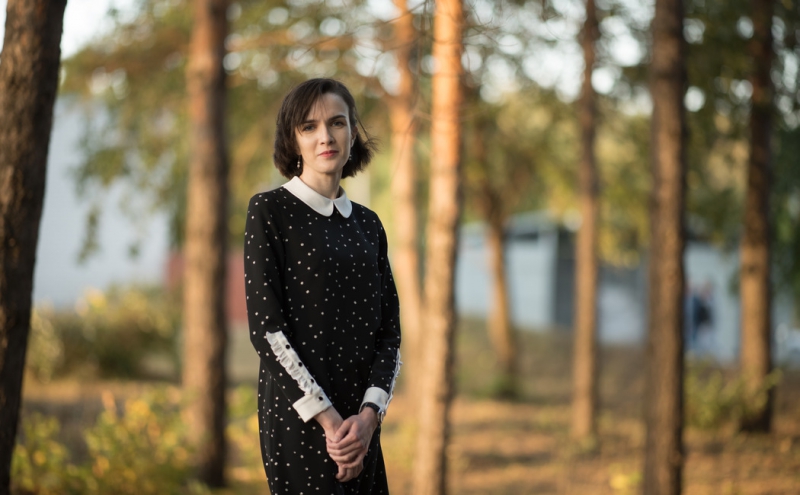
“Medicine is a very complex field in which you never stop learning. If you do, you’ll constantly make mistakes, both terminological and factual, and you won’t achieve a good result even if you do your best. It’s hard to say why things are this way, but the fact remains that you can’t write a good medical article if you only use PubMed. It just doesn’t work like that,” says Daria.
What makes the job of a medical journalist and communicator different from others is that you not only have to know all the terminology but also be responsible for what you write and always remember about ethical aspects of the job, adds Daria Sarkisian.
Who will find this specialization useful?
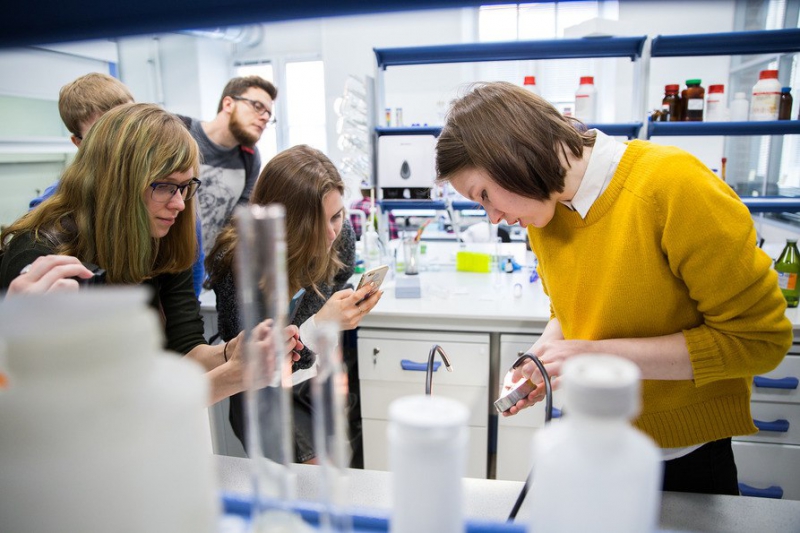
“Of course, if you have a background in natural sciences, it will be easier for you to pass entrance examinations and study on the program. But we welcome students majoring in different fields, from physics, biology, and chemistry to legal studies, quality management specialists, journalism, and engineering,” comments Daria Denisova.
What will the education at the program be like?
The new specialization will be available for ITMO Master’s students in Science Communication starting from 2020. The program will include both fundamental disciplines, such as ‘multimedia science journalism’, ‘strategic communications in scientific organizations’, and ‘global challenges in modern science’, and more specific courses in science communication in medicine and biotechnology.
All the disciplines will be divided into three big blocks with the first one focusing on the structure of the healthcare system in Russia and other countries, as well as medical organizations and communities. The second block of disciplines will focus on working with medical data, statistics, and the main properties of scientific knowledge in the field of biotechnology and medicine, while the third group of disciplines will cover the topic of the biotechnological industry, including the research conducted in this field in Russia and around the world and the most pressing ethical questions that biotechnology specialists have to face in their work.
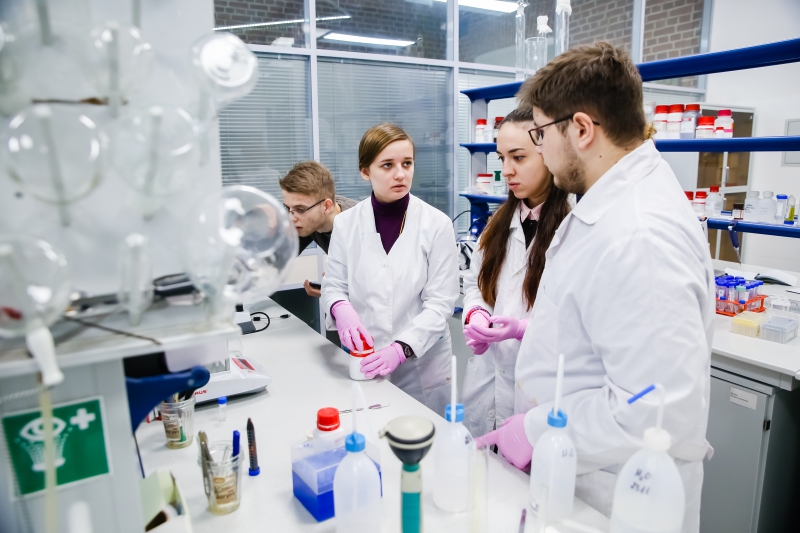
“Opting for this specialization, students will learn how to organize their work to minimize the risk of mistakes. When I was just starting out, there was no program like it in Russia that could have taught me these things, so I made a lot of mistakes. The graduates of this program will have the knowledge to avoid that. They will be able to get the gist of a new topic much quicker, will learn how to work with a variety of sources, and get a comprehensive understanding of healthcare systems and medicine in general,” says Daria Sarkisian.
As noted by Daria Denisova, the specialization program is still under development, with the coordinators currently engaged in in-depth collaboration with Russian and international experts who help to expand it with new subjects and improve the list of existing ones. Among these experts are Daria Sarkisian, Ilya Fomintsev and the team of the Cancer Prevention Foundation ‘Ne Naprasno’, specialists from the Scandinavia clinic, the founder and executive director of the Evolution foundation Petr Talantov, as well as Fred Balvert, a science communicator at Erasmus University Medical Centre Rotterdam.
According to Fred Balvert, the specialization program should include the subjects that would allow its students to form an advanced understanding of different biomedical fields: genetics, oncology, gerontology, neurosciences (including biological and social explanations of mental health and behavior), regenerative medicine, bioinformatics and others.
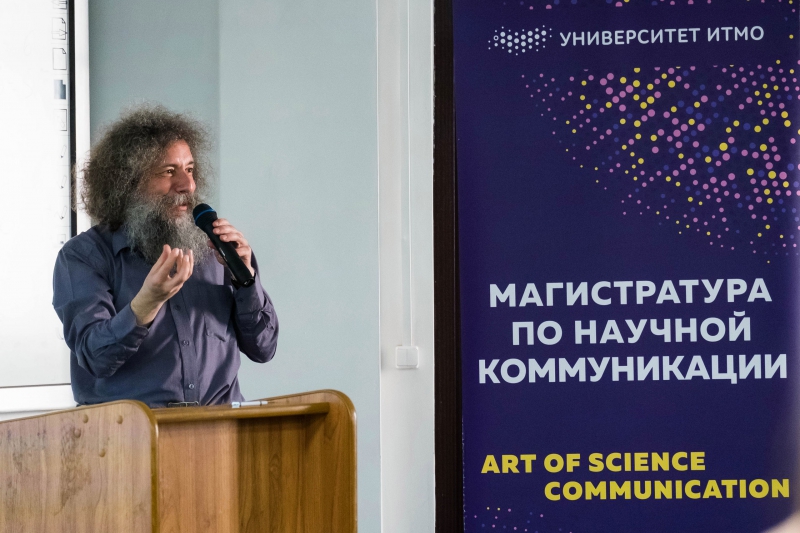
The expert adds that science communicators in the field of medicine and biotechnologies should possess a large range of competencies, from the basic instruction in the key concepts of biomedical science to practical skills allowing them to get a sense of scientific papers, correctly analyze statistical data, as well as to search and effectively use the information gathered from open sources and databases alike. What is also crucial is for them to demonstrate high-level writing and presentation skills, critical thinking and the ability to cooperate as part of interdisciplinary teams.
Where would graduates work?
Biomedical specialization offers a wide range of possible career paths. Graduates could apply their skills in medical journalism, join a medical organization or biotechnological company as a press secretary, become a specialist working with and analyzing data, or even try their hand at fundraising. From the program organizers’ experience, their cooperation with the cancer prevention foundation ‘Ne Naprasno’ shows that eminent nonprofits in the field also need these types of specialists.
“When I was invited to give a lecture to ITMO students a year and a half ago, I didn’t even think that this would be the start of, arguably, the most successful cooperation in the history of our foundation,” recalls Ilya Fomintsev.
In the words of Daria Denisova, the Science Communication program’s experience makes it clear that the collaboration with experts and the business community helps students decide on their future career as early as in the course of their studies. That’s the reason why the program organizers continue to build the community of like-minded people and companies who are interested in joint work.
“Our main task now is to find allies who would join us in developing this new field and the field of science communication in general,” says Daria. “People who understand how life sciences and science communication work, and who, in addition to all that, have a strong analytical mindset which enables them to process data on a very high level, are specialists with a very interesting profile. And all the experts we cooperate with are positive that our graduates will be very actively sought after on the labor market.”
